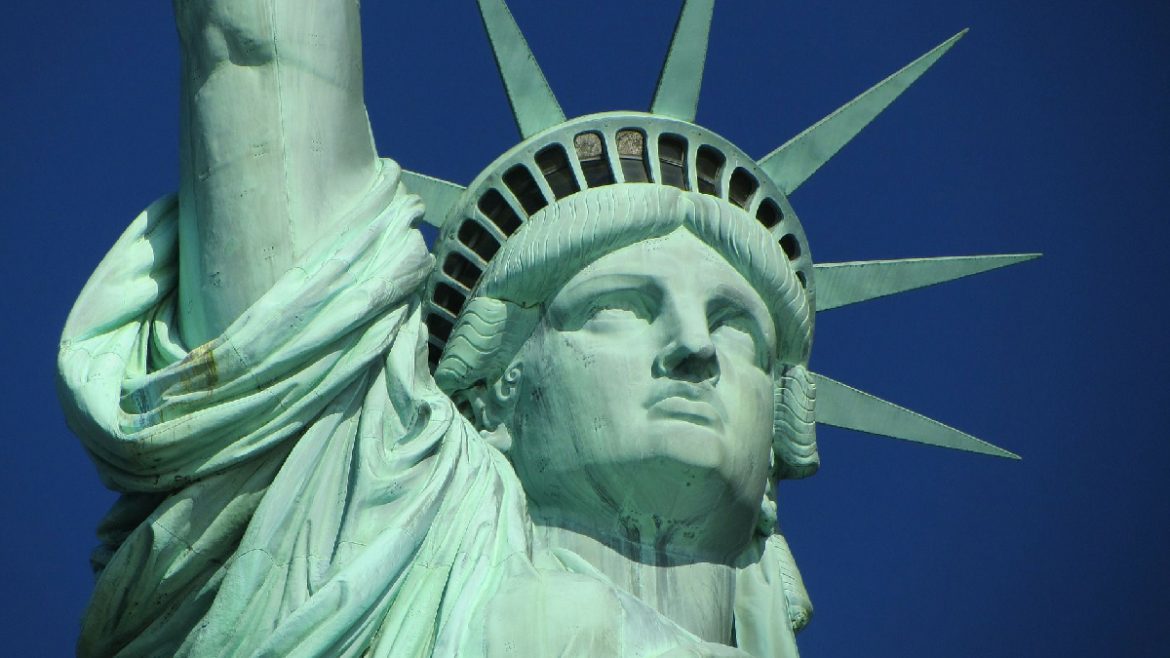The unprecedented growth of the cryptocurrency craze has now become too big to ignore. Some ardent enthusiasts even believe that digital currencies are the “future of the global economy,” and might shake things up for traditional financial institutions.
Governments across the world who were initially opposing the notion of digital currencies are beginning to recognize the potential in them and now working toward regulating them. While few countries have issued an outright ban on every activity related to cryptocurrencies, others have already started working towards launching their national digital currencies.
Since the U.S. is the light bearer of cryptocurrencies, there has been speculation surrounding the U.S. introducing its own cryptocurrency.
Countries such as Ecuador and Tunisia have introduced virtual currencies, while Estonia, Japan, Palestine, Russia, and Sweden are exploring ways to introduce one. Some reports suggest that China, too, is developing its national digital currency. With most prominent economies ready to launch their national virtual currencies, the U.S. cannot afford to stay on the sidelines and lose its economic dominance, especially while engaged in a trade war with China. It is important to note that the U.S. is the most active crypto-trading country in the world.
In a very short period, cryptocurrencies have skyrocketed in popularity largely due to their decentralized feature that gives its users financial freedom. Since the concept of cryptocurrencies is based on decentralization, institutions and regulatory authorities have an equal say like every other user in ecosystem. If the U.S. launches its national cryptocurrency, the decentralized feature might be tweaked though. No central bank will let go of its control over funds anytime soon, however the introduction of a centralized digital currency may earn vocal protests from the vast majority of the crypto community. A U.S. national crypto might get push back on all sides.
Why Bitcoin and other Cryptocurrencies are a viable option?
The Federal Reserve System, America’s central bank, issues fiat currency based on the market’s supply and demand. There is no cap on how much money is in circulation. On the other hand, there is a limited supply of Bitcoins and other cryptocurrencies. Unfortunately, a similar kind of restriction cannot be accepted when issuing a national virtual currency. The world’s largest economy’s cryptocurrency system has to be scalable, ensuring that the supply/circulation meets the demand. Also, like the USD, the national virtual currency, too, is likely to be seen as the global currency.
By launching its own cryptocurrency, the central bank can leverage the underlying values of blockchain technology (if they make it decentralized) that enables cryptocurrencies. The immutable distributed ledger would provide greater transparency to the system, with the government, users, and corporates benefitting from it while having an equal say in every matter. It will become easier to trace capital flow for the central bank, which would provide them with a better capital control mechanism.
Will the USA’s national digital currency be a threat to existing cryptocurrencies?
Cryptocurrency advocates are concerned that Bitcoin and other market issued cryptocurrencies might cease to exist if the U.S. launches its national virtual currency; or, the central bank may allow trading of other digital currencies but bring in strong resolutions to regulate them. Users are unlikely to hold bitcoins and alt-coins in both scenarios, as a national cryptocurrency would probably seem to be a more viable option.
Once the U.S. introduces a national digital currency, a lot of other countries are most likely to join the bandwagon, lifting the ban on cryptocurrencies and working towards issuing their own digital currency.

1 comment
[…] Cryptocurrency […]
Comments are closed.